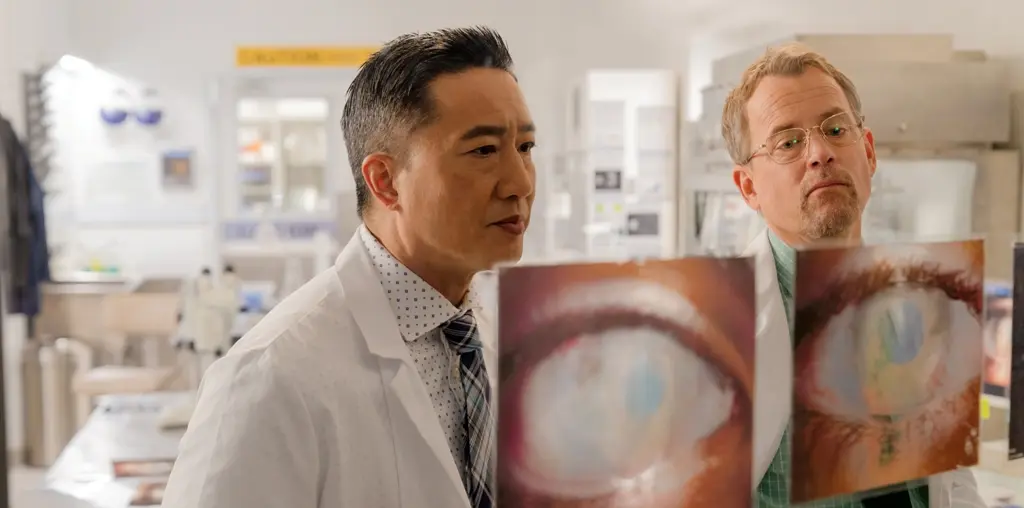The Unbreakable Boy
by Hope Madden
Filmmaker Jon Gunn makes inspirational movies. Some of them are overly faith based (The Case for Christ, Do You Believe?). Others are of the less overt, true story style (Ordinary Angels). The Unbreakable Boy is of the second variety.
Zachary Levi is Scott, a dad out of his depth with a young son who is on the spectrum and suffers from brittle bone disease. The ebullient Austin (Jacob Laval) is not bothered by his condition or anything else. But middle school approaches, and as Austin transitions to adolescence, other fractures within the family begin to make themselves known.
Based on a true story, the film demands that you recognize that while Austin would be exhausting, he is also an absolute joy. Laval is adorable. His indominable spirit fuels the film and when Gunn’s focus changes to another family member, Laval’s presence is missed.
What the film gets right is the heartbreaking difficulty of parenting, rarely giving into unidimensional characterizations and allowing for weakness and weariness as well as joy.
Levi’s a natural charmer and Meghann Fahy impresses, carving an honest character of the underwritten loving wife role. Likewise, young Gavin Warren makes the most of his limited screentime.
Levi is considerably less convincing when it comes to the more emotionally difficult scenes. This weakness is paired with a weird imaginary friend situation. Though Drew Powell (the friend) brings welcome levity and opportunity for insight—and, per post-film snapshots of the real family, this was an actual part of their lives—he’s used as a narrative convenience and feels like unnecessary nonsense.
Gunn’s script, co-written with Scott LeRette and Susy Flory, lacks focus and it’s never clear whose story we’re trying to tie up. Needless, often cloying voiceovers from multiple characters compound the problem, without completely sinking the film.
The Unbreakable Boy is more evenhanded than most of Gunn’s movies, although subtle it’s not. It’s tidy and predictable and suffers under the weight of sentimentality. But it’s undeniably sweet, and if an inspirational film appeals to you, you could do worse than to let Jacob Laval charm you for 90 minutes.



